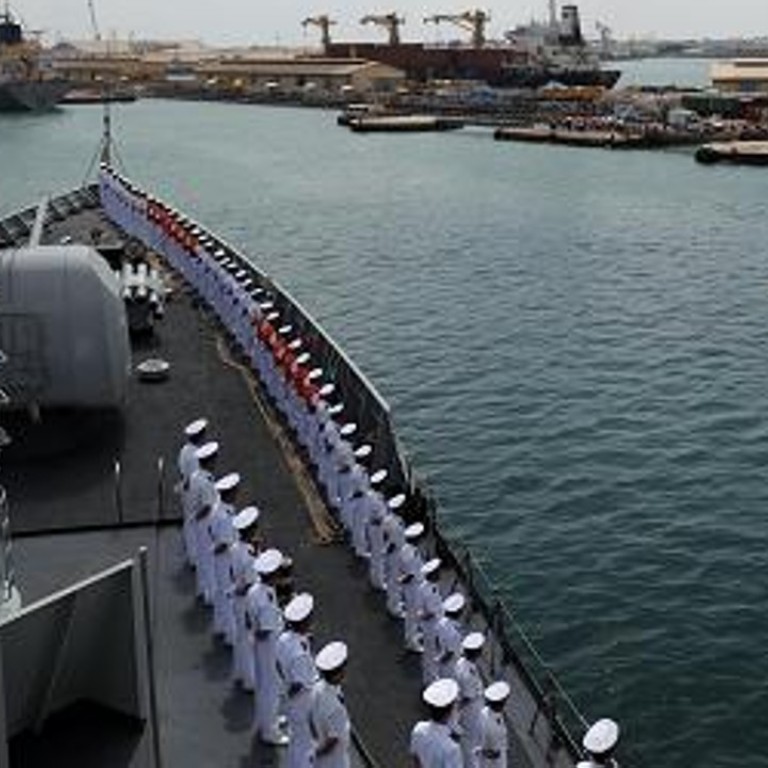
US senators voice alarm over growing Chinese presence at Djibouti port
- Voices raised in Washington as three-sided row over control of strategic port in Horn of Africa rages
- US officials worried by Chinese ‘debt trap’ diplomacy and fear Djibouti will cede Doraleh Container Terminal to Beijing
Two United States senators voiced alarm on Tuesday about the military and political consequences if China gains control of a port terminal in Djibouti, and said they were worried the move could extend Beijing’s influence on the Horn of Africa.
In a letter to US Secretary of State Mike Pompeo and Secretary of Defence James Mattis, Republican Senator Marco Rubio and Democratic Senator Chris Coons said they were concerned about Djibouti’s termination of a contract for the Doraleh Container Terminal with United Arab Emirates-based DP World in February and the nationalisation of the port in September.
Reports that Djibouti, heavily indebted to Beijing, was likely to cede the port’s operations to a Chinese state-owned enterprise were “even more alarming”, they said.
The letter was the latest in a series of efforts by members of Congress who want to counter China’s growing international influence, which they see as a threat to US economic and security interests.
US President Donald Trump has been focusing on the economic threat from China and has taken the two countries into a trade war, but many in Congress want to ensure the administration also treats China as a security threat.
Djibouti, a nation of a million people at the southern entrance to the Red Sea on the route to the Suez Canal, became home to China’s first overseas military base last year. A US base located within kilometres stages operations against Islamic State, al-Qaeda and other targets in the Middle East.
The US Senate last month passed legislation overhauling the way the federal government lends money for foreign development, in a shift meant largely as a response to Chinese influence.
US officials said they worried about what they called China’s “debt trap” diplomacy, in which countries end up giving up control of major assets such as ports or roadways when they fund infrastructure projects with Chinese loans that they may struggle to pay back.
Marine General Thomas Waldhauser, the senior US military officer for Africa, told a Congressional hearing earlier this year the US military could face “significant” consequences if China controlled the port at Djibouti.

